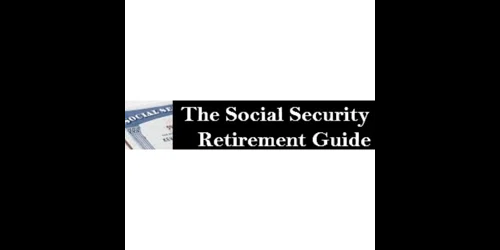Your Finances Should Be Simpler in Retirement Planning

Life should be simpler in retired life and finances should be simpler. Regardless of age, it is a good idea to have a clear financial plan. But more and more research show that as we get older and our ability to select stocks begins to decline, it will become more urgent to simplify.
Warren Buffett is in his late 90s and still has a lot of energy, but many of us have problems with a healthy body or a clear mind in old age. About half of 80-year-olds suffer from some degree of dementia or cognitive decline, and recent research shows that people's financial decision-making skills begin to decline after age 70 and decline more rapidly after age 75, just as older athletes lose speed and flexibility. George M. Korniotis of the Federal Reserve and Alok Kumar of the University of Texas Business School studied thousands of investor transactions in the 1990s. They found that older investors were, the less they traded and the less risky their portfolios were, and that their stock selection skills were lost shortly after the age of 70. Despite this, their average annual return is 3 to 5 per cent lower than expected. The problem is more troubling because investors are less likely to return to work by the time they reach their 70s and 80s, and they do not have as much time to recover from making bad decisions as young investors. This is what many retirees who invest heavily in the stock market taught last year.
An article entitled The Age of Reason has a similar conclusion. Four economists who studied banking data on a variety of loan transactions found that people in their 20s and 70s were much more likely than middle-aged people to make financial mistakes, including accepting mortgage rates that were above normal, defaulting on late fees for credit card payments on time , or over the limit on credit overdrafts. Economists argue that young people make mistakes because of inexperience, and older people make mistakes because they are less able to make decisions. The latter, they point out, are particularly troubled because older people have much more assets and therefore much more exposure.
Given the challenges we don't know when we're old, it's best to find an easy-to-use financial plan well before the age of 75, to avoid bad decisions or be deceived. See if you can do the following:
Simplify the investment. You don't have to give up being an active investor, but consider giving up stock collection and moving to simpler options, such as index funds. Do not make alternative or private partnerships that can be difficult to yield. Many investment companies, such as Vanguard Group, Fidelity Investments and Charles Schwab, calculate legal pensions and issue them to you automatically, as well as pay-as-you-go services that automatically restore investment balance.
Clean up the account. Many of us have more than a dozen bank accounts and brokerage accounts, or deposit slips from several banks. After consolidating accounts, it is much easier to track funds. And people tend to underestimate their assets or forget their accounts, so you may find yourself richer than you think, according to Michael Gilfix, an elderly lawyer in Palo Alto, California.
Clear the formalities. Social Security may have been saved directly, and you may have assigned someone to make a big decision when you can't move. But always flip through these shopping bags to see if there are any important accounts or stock market documents that should be placed in a brokerage company.
Pay off the debt. A 2007 Federal Reserve study on consumer financing found that nearly half of households aged 65 to 74 still owe their mortgage and 37 percent have credit card debt. The repayment of these accounts frees up valuable money and relieves the fear of forgetting to pay back.
You can never clean your wardrobe, but if you get your finances straight, your life will be easier and if your spouse or heir has to take over, they will benefit a lot.






